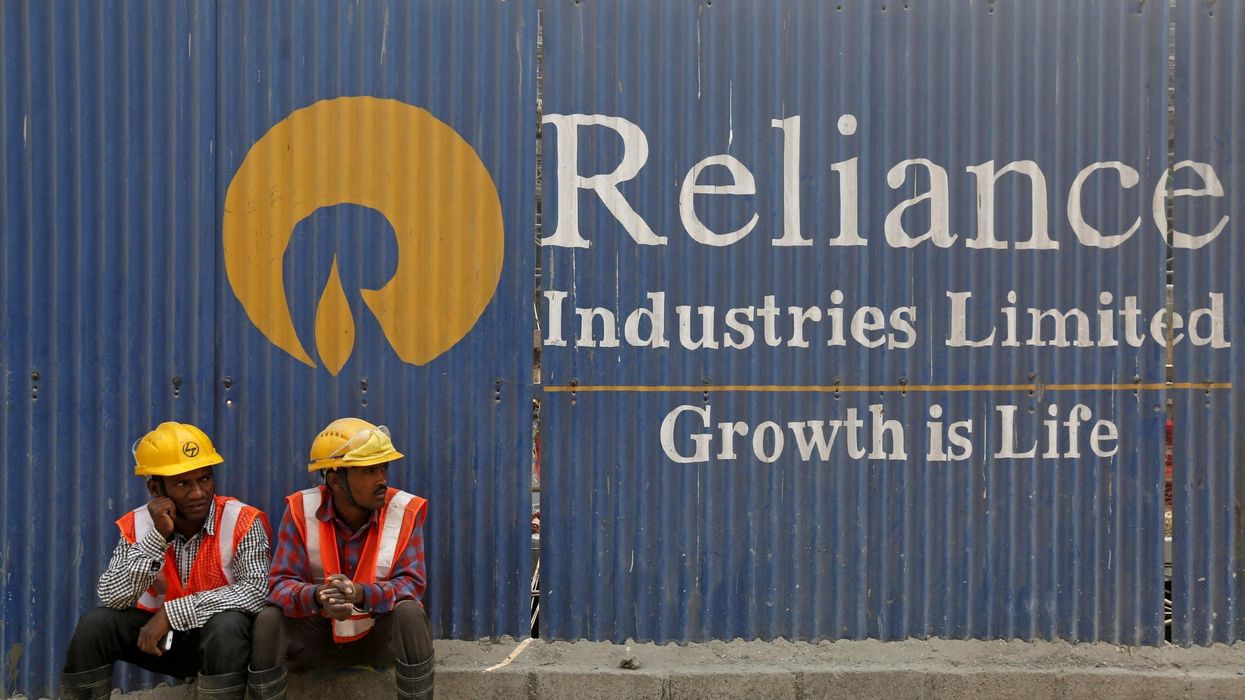RELIANCE INDUSTRIES reported a 7.38 per cent year-on-year increase in profit for the December quarter on Thursday, driven by growth in its consumer-focused divisions.
The company, led by Mukesh Ambani, remains India’s most valuable by market capitalisation.
While expanding into retail, telecoms, and green energy, Reliance still relies heavily on its oil-to-chemicals business, which had faced recent challenges, leading to three consecutive quarters of profit decline last year.
Breaking this trend, Reliance recorded a net profit of £1.75 billion for the December quarter, slightly surpassing the analyst consensus of £1.73 bn.
Revenue from operations rose 6.97 per cent year-on-year to £22.99 bn, with growth seen across all divisions.
Chairman Mukesh Ambani said in a statement that the petrochemicals business had shown "innate resilience" despite the volatility in global energy markets.
He added that the digital services segment experienced "robust growth" due to subscriber additions and improved customer engagement, while the retail arm benefited from strong festive season demand.
The telecom segment's average revenue per user increased by 11.9 per cent to £1.92, supported by tariff hikes and a better subscriber mix.
Reliance's retail business recorded an 8.8 per cent increase in gross revenue, reaching £8.54 bn, supported by holiday season sales.
Store footfalls grew 5 per cent year-on-year to 296 million during the quarter.
Shares of Reliance Industries closed 1.14 per cent higher in Mumbai ahead of the earnings announcement.
(With inputs from AFP)




